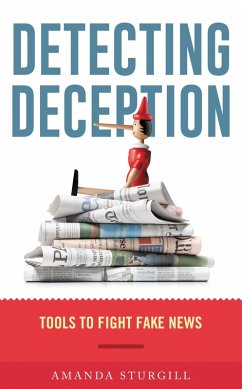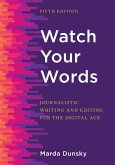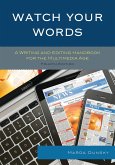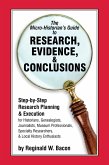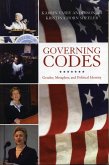Teaching fact checking and verification is an essential part of journalism education. When a confusing media environment includes statements like "Truth is not truth" and "The president offered alternative facts," students need to go beyond traditional reporting standards. They need to be trained to consider the presentation of reality in deciding if a statement is misleading or patently false. Detecting Deception applies the concepts of logical argumentation to supplement the verification techniques that are the stock and trade of any media professional. Pithy and practical, Amanda Sturgill draws from present day news examples to help students recognize the most common bad arguments people make. Detecting Deception is an essential tool for training future journalists to build stories that recognize faulty arguments and hold their subjects to a higher standard.
Bitte wählen Sie Ihr Anliegen aus.
Rechnungen
Retourenschein anfordern
Bestellstatus
Storno

